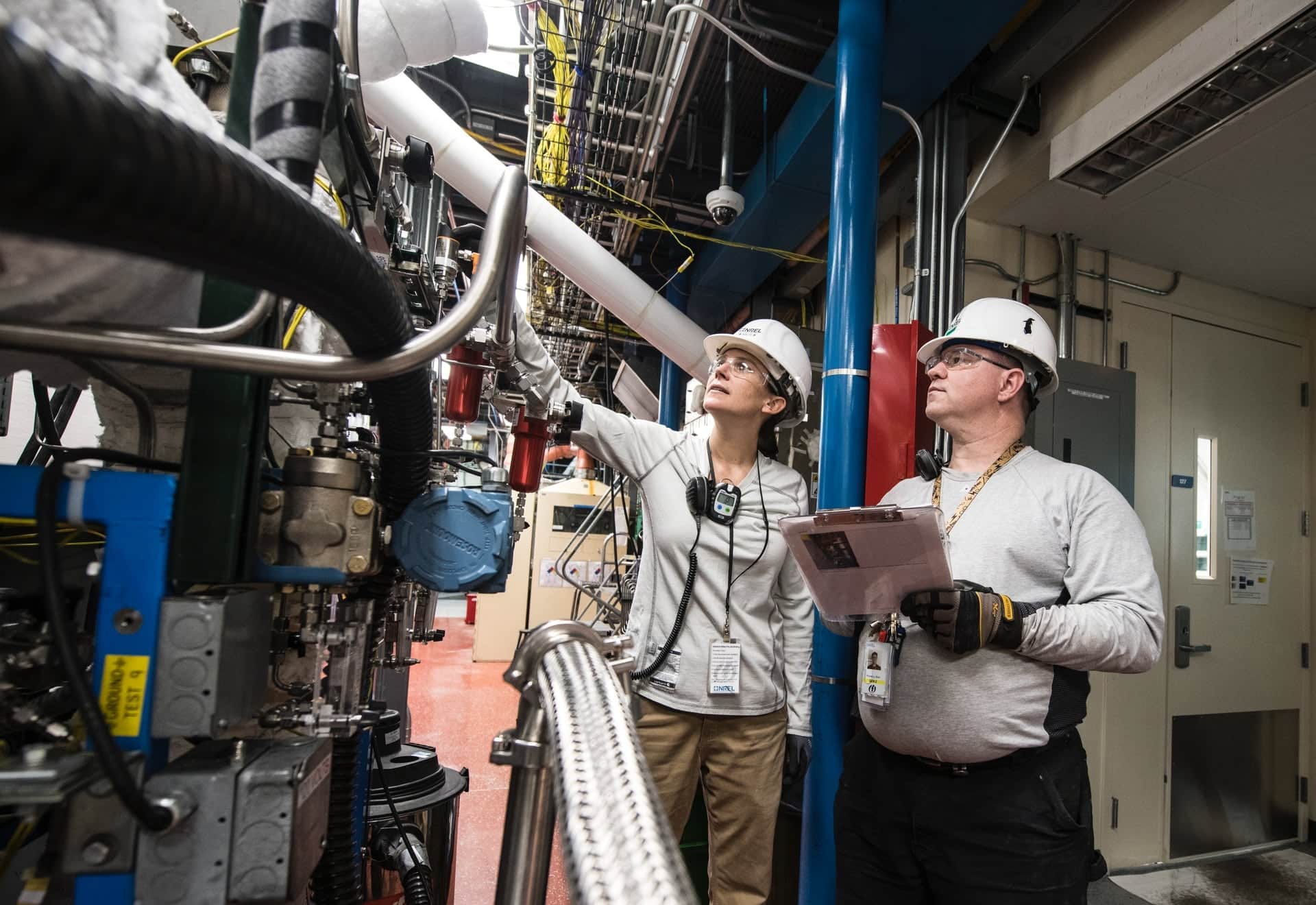
RCFA Introductory Course
The world of maintenance continues to evolve and develop and is currently in its 4th Generation with the focus very much on technological advancements through the Internet of Things (IoT), Predictive Analytics, Interconnectivity, Defect Elimination, Standardization through adopting International Standards (e.g. ISO 55001 and ISO 31000), Renewables, Social and Organizational Responsibility and Managing Physical and Economic Risks. In order to meet the organization’s physical asset management and risk management strategies, maintenance organizations don’t only need to do the right maintenance (applying RCM principles) but also do maintenance right while ensuring they continuously improve on how they manage these risks.
This course provides a comprehensive introduction to Root Cause Failure Analysis (RCFA), its principles and how it provides the continuous improvement cycle when used with RCM. It is intended for those who are interested in understanding what root cause analysis is and how it can eliminate bad actors and create a culture of defect elimination.
The RCFA introductory course applies best practices for managing failures in two ways, an informal review of failures for less critical assets (nuisance or repeat events) and a formal approach to defect elimination for more critical assets and failures with intolerable consequences. The RCM process considers failures proactively and through applying the logic, attempts are made to predict or prevent failures from happening. It is however true that for many failures there are no effective solutions to proactively manage them. It is also true that the majority of failures are event based and failures could strike at any time. RCFA reacts to failures to ensure they are managed properly and probability of occurrence is eliminated or reduced to a tolerable level. The RCFA methodology is applied at failure mode level and could expand to system or organizational level – depending on the actual cause of failure. The failure mode library is shared with the RCM process and duplication of the effort is reduced or completely eliminated. Failure modes should be defined in enough detail to enable the organization to do something about it. This is true for RCM and RCFA.
By Participating You Will Learn How RCFA:
- Develop a greater awareness of the importance of the risks associated with equipment failure how to manage them in an effective way.
- Learn the RCFA language and its importance to defect elimination and proactive management of failures. This would change the view maintenance, operations and engineering have of equipment operation and maintenance.
- Be able to evaluate failure management strategies that are technically feasible and worth doing while maximizing safety and environmental compliance.
- Be prepared to participate in an RCFA analysis session as a subject matter expert.
Length of Course: 2 days
Recommended Participants:
- Plant Managers
- Operators
- Maintenance Trades
- Planners, Schedulers
- Operations Managers, Supervisors
- Maintenance Managers, Supervisors
- Engineering Managers
- Engineers
- Safety Managers
- Safety Officers
Prerequisites:
- Completion of RCM2™ Introductory Course or RCM3™ Introductory Course
- Understanding of equipment maintenance and operations
Course Materials:
- Comprehensive RCFA course manual that will be released in book format soon
- Case Studies
- Risk Matrix
- Exercises and Solution Sets
Course Options:
- Hold an exclusive course at your facility for your employees
- Host a course at your facility for your employees and invite participants from other companies
- Attend a public course hosted by a member of The Aladon Network
Number of Participants: Maximum 20
Cost: Please contact Aladon your local Aladon Network Member for pricing.
For More Information:
To find out more about RCFA download the brochure here.